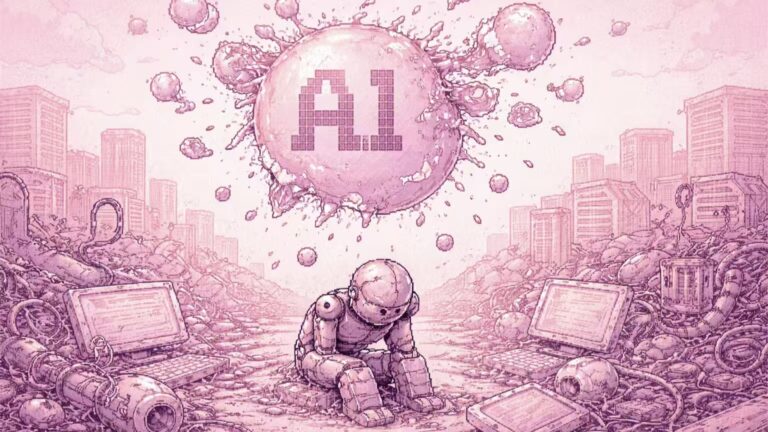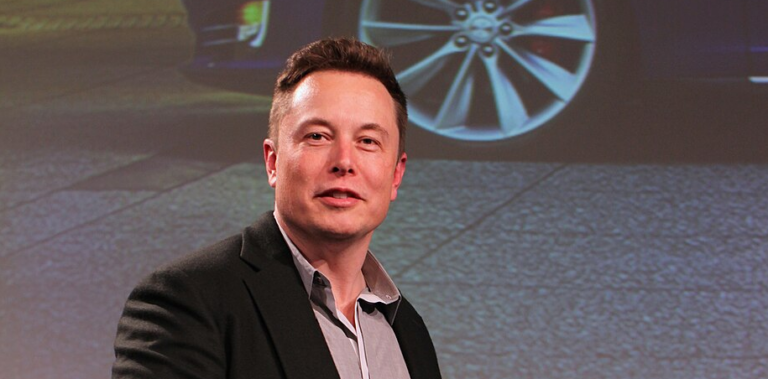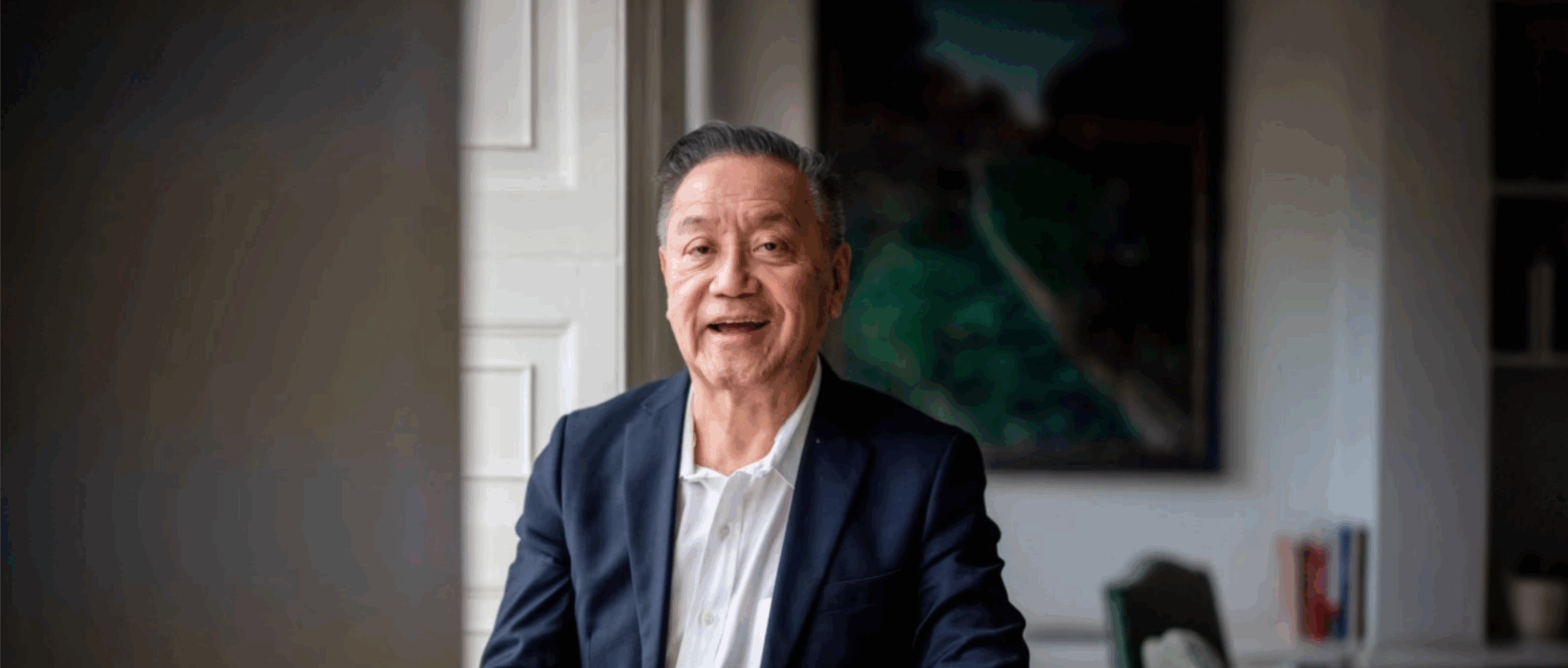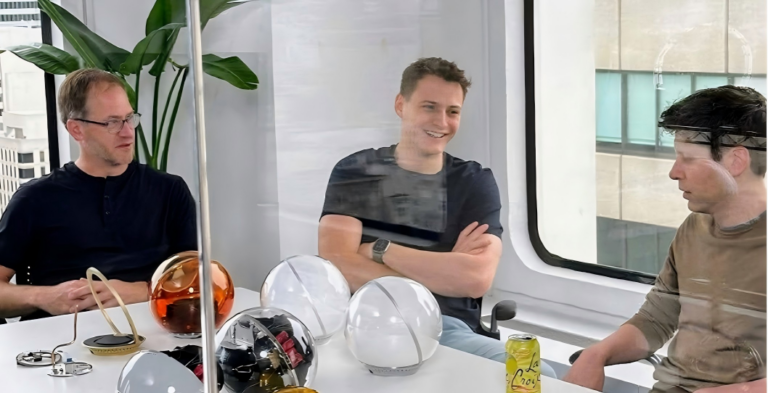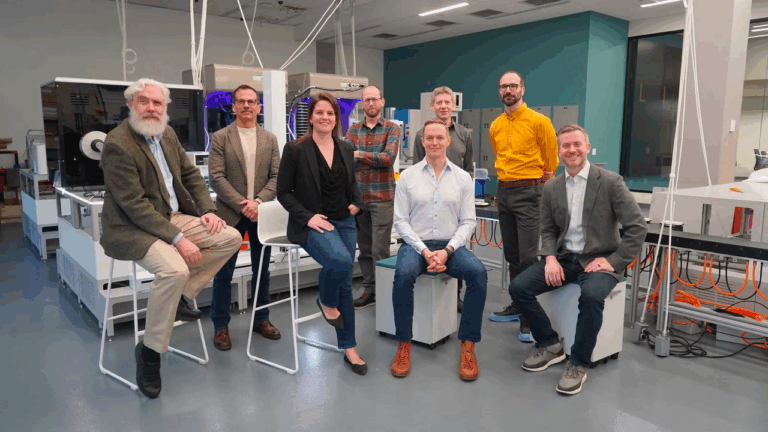Command Palette
Search for a command to run...
The Dutch Lithography Machine Ordered by My Country Has Not Been Delivered for a Long time. It Turns out That the United States Has Blocked it.
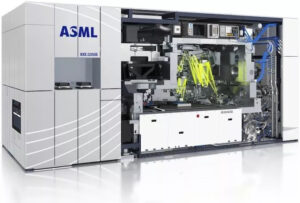
According to Reuters, the US government has taken small actions to prevent the Netherlands from selling chip manufacturing technology to China. After repeated pressure, the Dutch government will not renew ASML's license to export lithography machines to China.
According to Reuters, the United States has taken small actions to prevent the Netherlands from selling chip manufacturing technology to China.
The United States has done a lot of work for this. U.S. Secretary of State Mike Pompeo lobbied the Dutch government, the United States put pressure on the Dutch government and Dutch Prime Minister Mark Rutte himself, and White House officials shared confidential intelligence with Mark Rutte to persuade him not to allow ASML to sell the latest lithography machine to China.
As a result, the Dutch government has not renewed ASML's export license.
Reuters: The US government intervenes to prevent China from purchasing lithography machines
The US "blocking campaign" began in 2018. That year, the Dutch government granted an export license to semiconductor equipment company ASML, allowing it to sell an EUV lithography machine worth $150 million to a Chinese customer.
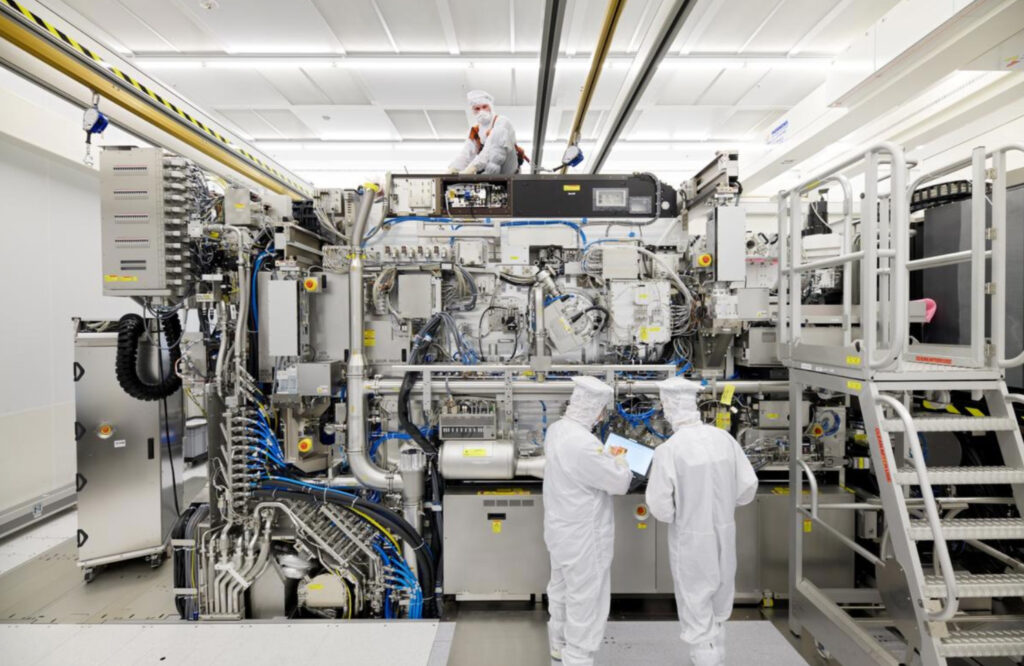
Over the next few months, U.S. officials held at least four rounds of talks with their Dutch counterparts to see if they could block the deal. But they found it impossible.
Because, according to the US export control regulations, any foreign company exporting goods to China must seek an export license from the United States as long as the value of US-made parts accounts for 25%. However, the US Department of Commerce audited the exported lithography machine and found that the value of US parts accounted for less than 25%, which did not meet the management conditions.
As a result, the Trump administration put pressure on the Netherlands on the grounds of "national security". Lithography machines are included in the Wassenaar Arrangement, which involves the export of dual-use technology products, and the Netherlands is also one of the signatories.
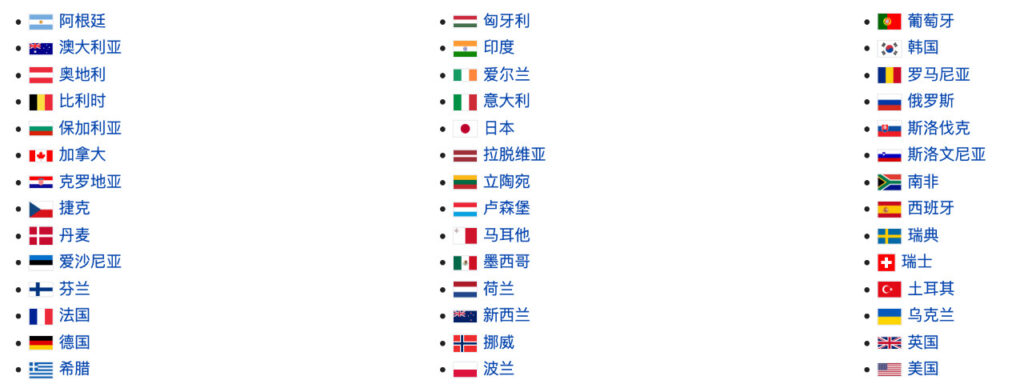
List of signatories to the Wassenaar Arrangement, a treaty signed by 42 countries (as of February 2018) to control the export of conventional weapons and dual-use goods. Every 6 months, the member states of the agreement are required to report the export of conventional weapons to countries outside the agreement. There are eight categories: main battle tanks, armored vehicles, large-caliber artillery, military aircraft, military helicopters, warships, missiles or missile systems, small arms or light weapons.
The White House’s efforts reached a peak on July 18, 2019, when US National Security Advisor Charles Kupperman provided Dutch Prime Minister Rutte with intelligence showing the consequences of China owning ASML technology during Rutte’s visit to China.
This seems to have worked, as ASML's license had expired on June 30, 2019 and needed to be approved and renewed, but the Dutch government chose not to renew ASML's export license. As a result, the $150 million machine has not yet been delivered.
A bizarre fire before delivery caused a delay in delivery
On December 1, 2018, a fire broke out at the Prodrive factory, a component supplier of ASML, which destroyed part of the factory's inventory and production lines. This had an impact on ASML's delivery time.

ASML immediately sought other suppliers to provide alternative components and materials, and said it would take several weeks to fully assess the impact of the fire.
The original delivery date ASML signed with its Chinese customers was early 2019, but the fire caused ASML to "expect some delay in delivery in early 2019." (ASML emphasized this in the announcement).
Subsequently, the delivery time of EUV lithography machine was postponed to Delivery mid-2020.
Irene Gerritsen, a spokeswoman for the Dutch Ministry of Foreign Affairs, said the Dutch government has sovereign discretion to grant licenses for dual-use technology and does not comment on specific cases.ASML hopes to increase its sales in China in 2020, with or without an EUV license.
Lithography machine production: Even with great effort, it is difficult to achieve miracles
The photolithography machine is the core equipment in the chip manufacturing process and plays a decisive role in chip quality. During the entire production process, the chip requires 20-30 times of photolithography, which takes up half of the production process and one-third of the cost of the entire chip.
The scarcity and high cost of photolithography machines are due to the high difficulty of manufacturing. A photolithography machine contains tens of thousands of parts and components and a number of cutting-edge technologies, which means that photolithography machines are an industrial product that requires global cooperation to succeed.

At present, several of the world's larger lithography machine manufacturers, in addition to ASML of the Netherlands, there are Nikon and Canon of Japan, and Shanghai Micro Electronics of China, all of which are actually engaged in the assembly of lithography machines.
According to Bloomberg data,In the high-end lithography equipment market below 45nm, ASML has a market share of more than 80%.In the field of extreme ultraviolet light (EUV), ASML has achieved global exclusive monopoly.
A technological race that affects global politics
The extremely high technical barriers and production processes of the lithography machine make it not a "miracle-making" product, and it is difficult to make up the gap by spending money in a short period of time.
In 1984, ASML became independent from Philips, inheriting Philips' advanced experience and technology in the field of electronics manufacturing. In just 35 years, it has absorbed large investments and technical resources from Intel, Samsung, and TSMC.
Western countries have invested a lot of money in ASML in order to gain a first-mover advantage in the field of semiconductor key equipment manufacturing. In recent years, ASML's annual R&D investment has accounted for more than 15% of its revenue, reaching billions of US dollars.

With the rapid expansion of China's technological level and consumer market, according to ASML's disclosure of revenue last year, orders from Chinese companies accounted for nearly 20% of ASML's total revenue, exceeding the 16% from American companies and second only to the 35% from Korean companies.
This has also become a concern in the Western world, because these chip components are vital to both consumer electronics and military applications. A series of recent policies and trends reflect the distrust and confrontation between different ideologies.
As for when this batch of lithography machines can be successfully delivered, we will continue to pay attention to developments.
-- over--
